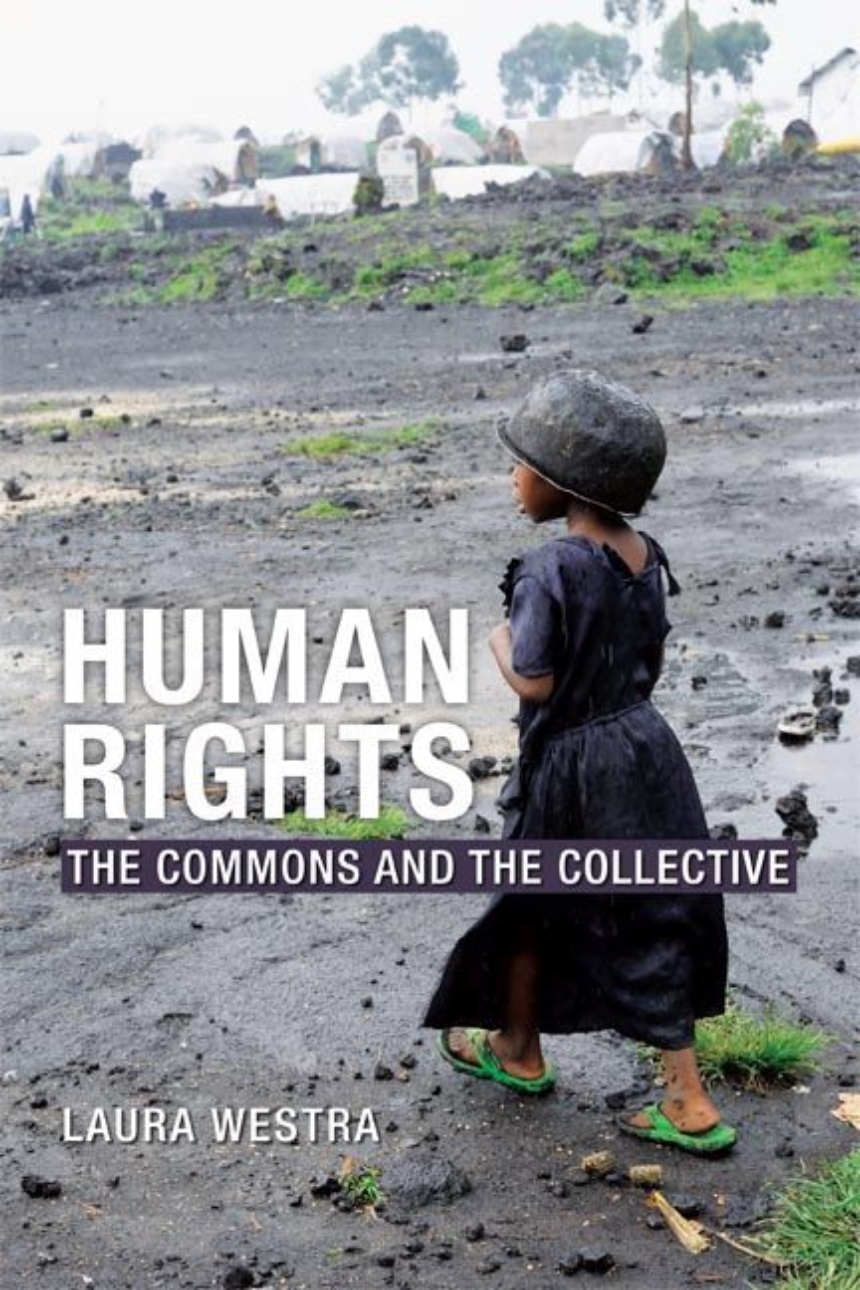International law evolved to protect human rights. But what are human rights? Does the term have the same meaning in a world being transformed by climate change and globalized trade? Are existing laws sufficient to ensure humanity’s survival? Westra argues that international law privileges individual over collective rights, permitting multinational corporations to overlook the collective and the environment in their quest for wealth. Unless policy makers redefine human rights and reformulate environmental law to protect the preconditions for life itself – water, food, clean air, and biodiversity – humankind faces the complete loss of the ecological commons, one of our most basic human rights.
Table of Contents
Foreword / William E. Rees
Introduction
Part 1: Basic Collective Rights for Law and Morality -- The Theory
1 Individual Rights and Collective Rights in Conflict: The Ecocentric Perspective and the Commons
2 The Common Good and the Public Interest: Jus Cogens Norms and Erga Omnes Obligations in a Lawless World
3 Communities and Collectives: The Interface
Part 2: Collective Rights, Globalization, and Democracy -- The Practice
4 Collective Basic Rights Today
5 Globalization, Democracy, and Collective Rights
6 Cosmopolitanism, the Moral Community, and Collective Human Rights
Part 3: Toward a New Cosmopolitanism
7 World Law or International Legal Instruments? Toward the Protection of Basic Collective Human Rights
Conclusion
Notes
Works Cited
Index
